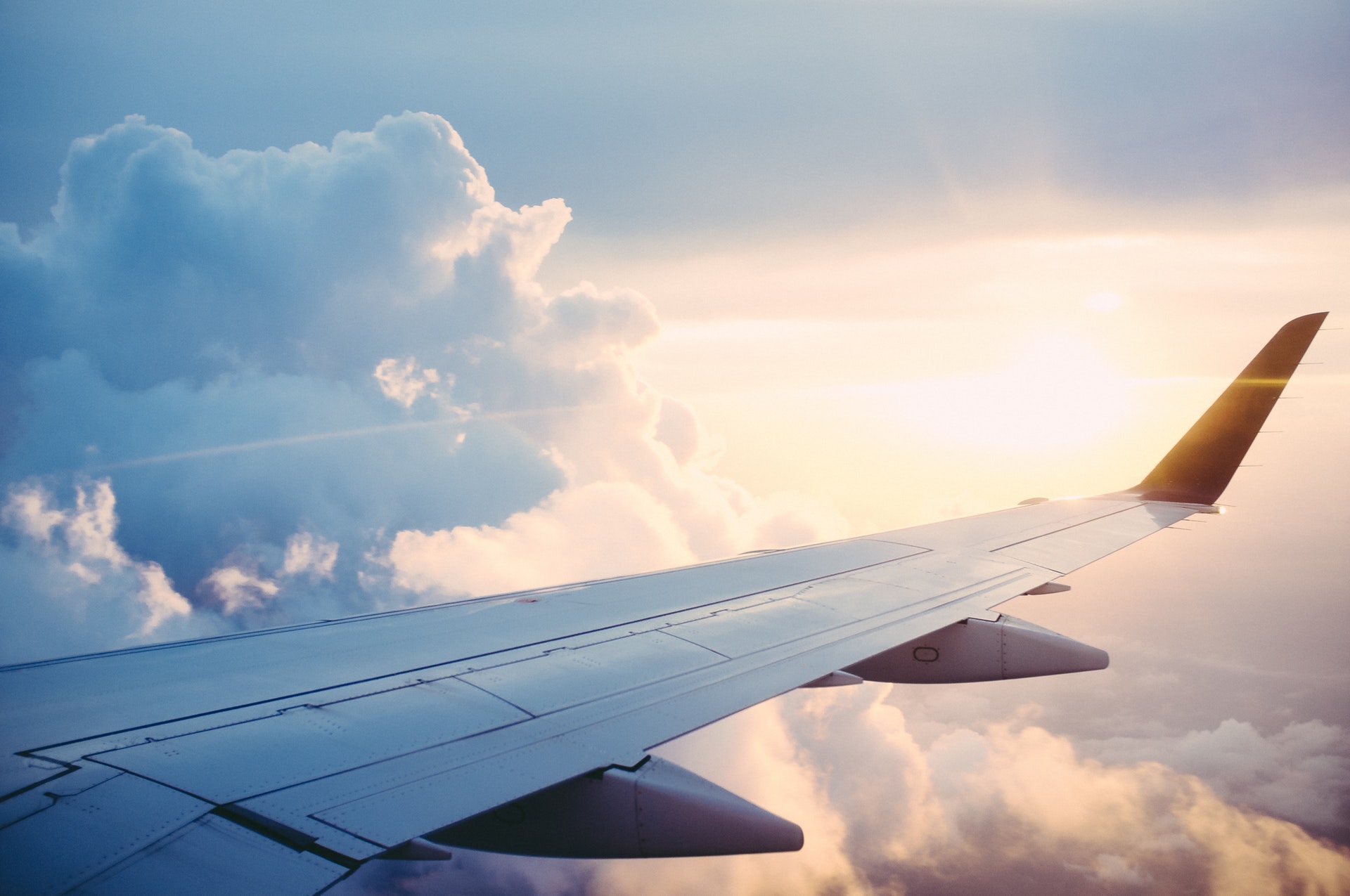The Russian plane which crashed in the Sinai Peninsula on October 31, killing all 224 people on board, looks increasingly likely to have been an act of terrorism. Tragic and preventable loss of life is always shocking. Thus, it will be of little comfort to the families of the victims to learn that, as we show at HumanProgress, the skies have grown increasingly safer over the last four decades.
Airliner fatalities peaked in 1972, when close to 2,400 lives have been lost due to reasons other than sabotage or shoot downs. Comparable figure for 2014 was less than 800. If anything, this statistic underestimates the progress airline safety has made, since the number of people traveling by air each year rose by more than 700 percent in the intervening period.
It was, of course, precisely an act of terroristic sabotage (i.e., a bomb placed on board of the plane) that seemed to have brought down the Russian Metrojet just minutes after it took off from the Egyptian sea-side resort of Sharm al-Sheikh. As for the shoot downs, the last plane to be destroyed in that manner was the Malaysian MH17, which was shot down by a Russian-made missile over Ukraine in July 2014, killing all 283 people on board.
Each year, technological innovation and competition enable over 3 billion people to fly further, safer and cheaper. It would be a pity if our ability to conduct business and enjoy leisure away from home came to a halt or be severely compromised, because of a failure of national governments to perform one of their basic duties – to keep us protected from terrorism in the skies.
This first appeared in Reason.

